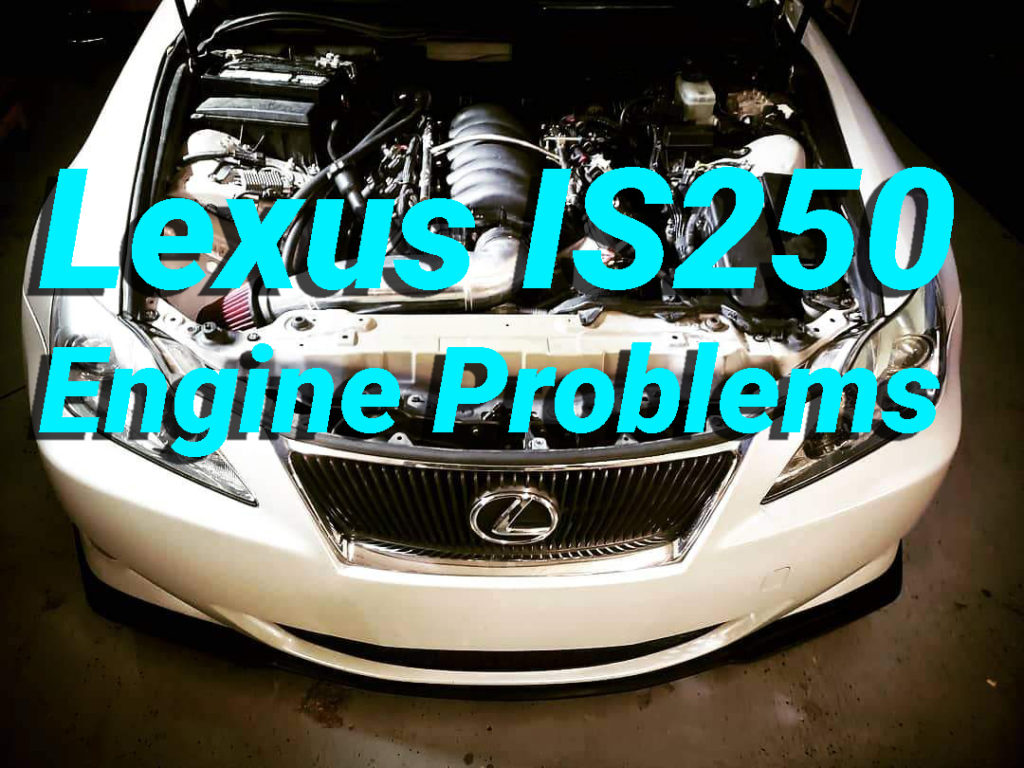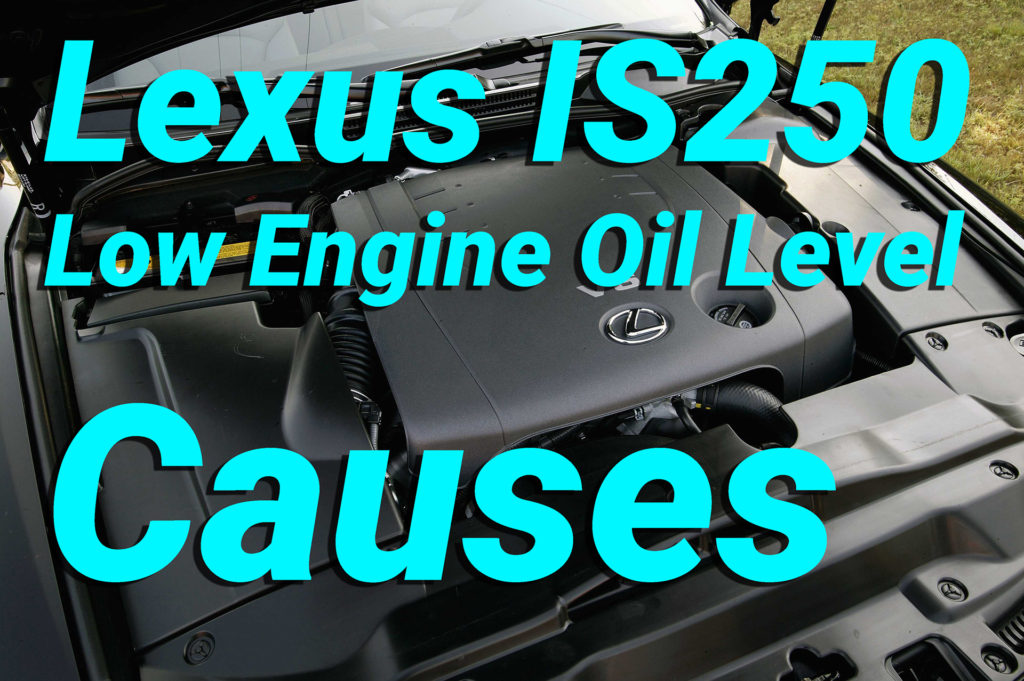Lexus IS250 might face the issues of low engine oil warnings on the dash that can be avoided through frequent car services and by checking the car’s oil consumption or oil leakage.
Lexus IS250 is one of the luxury cars of Toyota, having a low, imposing stance, thrilling responsiveness, and ultimate comfort. It is a pure sports sedan that looks as aggressive as it feels. One of the most advanced cars has sophisticated 3D audio technologies, a new touchscreen multimedia display, new android auto integration, and much more.
Lexus IS250 Low Engine Oil level

Oil is the essential item in your Lexus IS250 engine that firmly keeps its engine running for thousands of miles. All car engines require a specific amount of oil through the engine to lubricate metal parts, which are constantly in friction. The oil level sensor protects the engine of Lexus IS250 from friction along with wear and tear.
The right amount of oil in the engine does not alarm the sensor on the dash for a few seconds or more. This alarm arises when the dipstick indicates a really low engine oil level that might be because of too much oil consumption or oil leakage. But some cars consume oil by nature that might reduce engine oil. Therefore, you have to check your vehicle regularly. It will increase the lifespan of your Lexus IS250.
Causes of Low Engine Oil level

Understanding the causes of low engine oil levels for you as a driver is equally important as knowing the preventions of low engine oil levels when you are running your car leading to damage to the engine. You must look into some of the following causes of low engine oil levels:
Issues in Sensors
Sensors in the cars improve safety, comfort, and performance. These sensors play a pivotal role in the rapid development of connected vehicles. Various sensors are used in the cars, from which some are associated with the engine’s oil level. Therefore, if those sensors fail or have some major or minor issues, it results in a low engine oil level.
Issues in PCV Valve
Oil burns inside the engine and the common culprit of this burning is a bad PCV valve (Positive Crankcase Ventilation). When the PCV valve works flawlessly, it lets air escape at the time of high pressure in the crankcase. But if the PCV valve is having some issues, then the system’s overall pressure increases and results in the oil combustion where it gets burned. This damages the level of oil in the engine.
Oil Pump Malfunction
If you hear a strange noise from a valve train, hydraulic filters, hotter engine, or oil pump, then your oil pump is not functioning properly. A low level of engine oil results in oil pump malfunction, as the oil pump has to deal with extra friction due to the lack of lubrication. Therefore, oil pump malfunction causes mechanical problems and wrapping of various parts in the pump.
Oil Consumption
Every car engine has an acceptable amount of oil consumption, and when the oil consumption reaches above any acceptable range during normal operating conditions, it is excess oil consumption. Excess oil consumption is a mechanical problem that leads to a low engine oil level. Oil consumption mostly increases when the vehicle becomes old or because of depreciation. Oil consumption scenarios include heavy loads, extreme conditions, and increased demand. Oil leakage and burning also come under oil consumption.
Inappropriate Engine Grade Oil
Engine oil reduces the friction between moving parts, minimizing the wear of parts like pistons, crankshafts, connecting rods, etc. Poor lubrication, transmission failure, and overheating are the results of the inappropriate engine grade oil. Using the thicker motor oil than recommended will directly affect your car’s mileage. At the same time, if too much oil is added to the oil pan and its level becomes too high, the crankshaft comes in contact with the oil, which essentially aerates it.
Oil Leakage
Oil leakage is one of the most common problems that can be minor at the start, but later on, it can cause a big problem with time. Driving with oil leakage is potentially dangerous. If the leakage is not adequately resolved promptly, it can wear down prematurely, causing fire hazards and other major problems.
Clogged Oil Strainer
Oil strainer has the crucial job of filtering the oil that lubricates various parts of the engine. It helps in preventing engine components by stopping the contaminants from entering the engine in the first place. Drop-in oil pressure, knocking sounds in the engine, engine overheating, a sputtering engine, poor engine performance, dark exhaust smokes, and metallic noises are symptoms of the clogged oil strainer.
Solutions of Low Engine Oil levels

Every problem has some solutions, just like every lock is made up of keys. Therefore, the low engine oil level in Lexus IS250 can be fixed through some of the following methods:
- Check, repair, and top up your engine oil regularly. Do not ignore the low-level engine oil as it can create severe problems within the car engine.
- Replace the oil pump or damaged pressure gauge before any horrible accident.
- The issue of external oil can be resolved through pipes and hoses replacement. But internal oil problems can only be resolved through automotive repair and maintenance.
- Have a keen sight of the signs of low engine oil level, overheating, low oil pressure, and oil leaks so that you can resolve all the issues timely.
- Identify the issues in the sensors or PCV valve to fix them as soon as possible to prevent further damage.
- Replace engine oil filter or oil pump.
Conclusion

You need to keep a close eye on the oil condition and oil level of your Lexus IS250. You must go through its service at suitable intervals and must be aware that you are using the right weight and type of oil for the engine as per manufacturer specifications. The issues of low oil, oil leaks, overheating, and low oil pressure must be immediately resolved.


